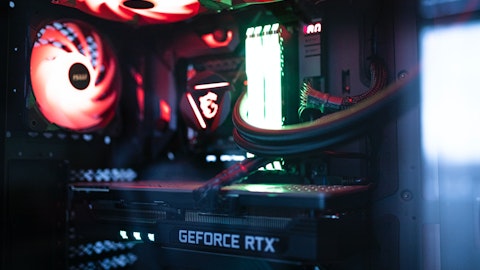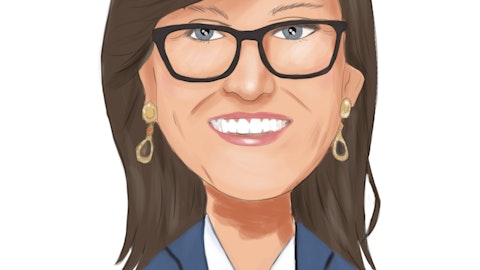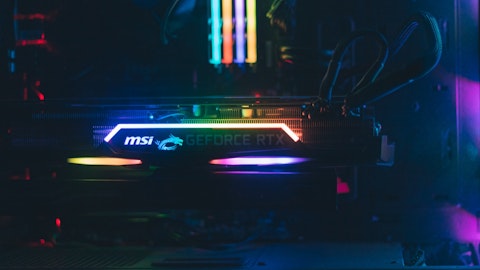4. McKesson Corporation (NYSE:MCK)
Number of Hedge Fund Holders: 57
McKesson Corporation (NYSE:MCK) is a Texas-based healthcare company involved in the distribution of pharmaceutical drugs, health information technology, and medical equipment. The stock has jumped over the last month, gaining 11.50%.
McKesson Corporation (NYSE:MCK) shares were purchased on February 7 by Lois Frankel, a Democrat who is the United States Representative for Florida’s 21st congressional district. The Period Transaction Report disclosed that Frankel purchased McKesson Corporation (NYSE:MCK) shares valued at between $1,001 and $15,000, with the transaction being publicly declared on February 26.
Publishing its Q4 results on February 2, McKesson Corporation (NYSE:MCK) reported earnings per share of $6.15, above consensus by $0.73. Revenue over the period jumped 9.61% year-over-year to $68.61 billion, outperforming market predictions approximately $2 billion.
On February 8, UBS analyst Kevin Caliendo raised the price target on McKesson Corporation (NYSE:MCK) to $303 from $245 and kept a Buy rating on the shares after its Q4 earnings beat. According to the analyst, a diverse business model, combined with strong cash flow and the company’s edge in oncology and biosimilars positions it for competitive advantage.
A total of 57 hedge funds were long McKesson Corporation (NYSE:MCK) in Q4 2021, up from 51 funds in the prior quarter. Pzena Investment Management is the largest shareholder of the company, owning 2.95 million shares of the company, worth $733.45 million.
Here is what Broyhill Asset Management has to say about McKesson Corporation (NYSE:MCK) in its Q4 2021 investor letter:
“Shares of McKesson tacked on another 23% during the second half. Even after gaining 44% for the full year, the stock still trades at a 50% discount to the market. Like our Dollar Tree investment, investor sentiment around McKesson languished for years as deflating generic drug prices compressed operating margins and the uncertainty of opioid litigation capped valuation multiples. But pricing has stabilized, a global opioid settlement appears imminent, and prescription trends are rapidly recovering at the same time vaccine-related revenues are accelerating.
Since FY19, revenues have grown at 7% annually, driving earnings per share growth, which should shake out at 11% – 14% through FY22. Over this three-year period, McKesson has generated $15 billion in cumulative free cash flow (roughly two-thirds of its market capitalization at the beginning of the period), returning roughly half of that to shareholders through repurchases (shares outstanding have declined by 24% on $6B of buybacks) and dividends (which have increased 22% over this period), while reducing leverage from 2.8x to 1.6x.
Does that sound like a business that should change hands at half the market’s valuation? We don’t think so. Even assuming shares traded back to three-quarters of the market’s multiple (in line with the average of the past decade), shares could return 15% – 20% annually over the next few years.”





